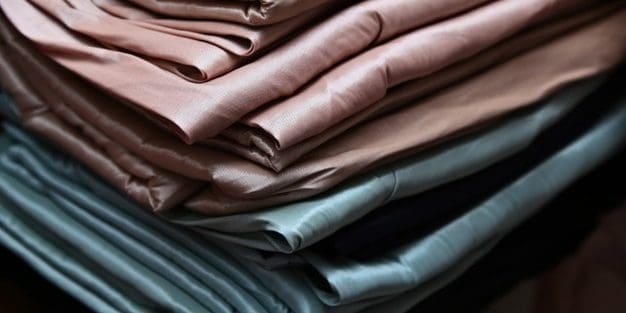To satisfy growing worldwide demand, Bangladesh’s primary textile sector is experiencing fast transformation, with local millers manufacturing considerable volumes of manufactured fibres alongside cotton fibres. In the first five months of this year (January to May), the country imports 45.72 percent of its manufactured fibre, compared to 68,348 tonnes in the same time in 2020.
Local importers, millers, dealers, and spinners spent around Tk 1,221 crore between January and May of this year, compared to approximately Tk 706 crore during the same period last year. Spending on such imports has also grown in the middle of the current coronavirus epidemic, which has long affected the global supply chain. Local importers, millers, merchants, and spinners spent around Tk 1,221 crore during the January-May period this year, compared to approximately Tk 706 crore during the same time last year. Spending on such imports also rose during the ongoing coronavirus epidemic, which had affected the global supply chain for a long period.
According to Bangladesh’s price chart, the value of Bangladeshi-made clothing products has not grown after the Rana Plaza disaster. Cotton accounts for more than 74% of all textile products manufactured in Bangladesh. Local garment factory owners are currently paying over $4 billion to maintain global worker safety requirements, as recommended by the Accord and Alliance.
Mohammad Ali Khokon, President of the Bangladesh Garment Manufacturers and Exporters Association (BGMEA), said the government should remove the roughly 15% advanced income tax and the advanced tax on manufactured fibre imports to assist the industry grow. The overall investment in the spinning sector alone now exceeds $8 billion.
Bangladesh has the potential to manufacture and export clothing manufactured from man-made fibres. According to the BGMEA president, demand for such goods is quickly increasing. According to Monsoor Ahmed, the employment of modern technology in the manufacture of artificial fibres makes them extremely pleasant. He also sought a 10-year tax break for investments in the synthetic fibre industry.

